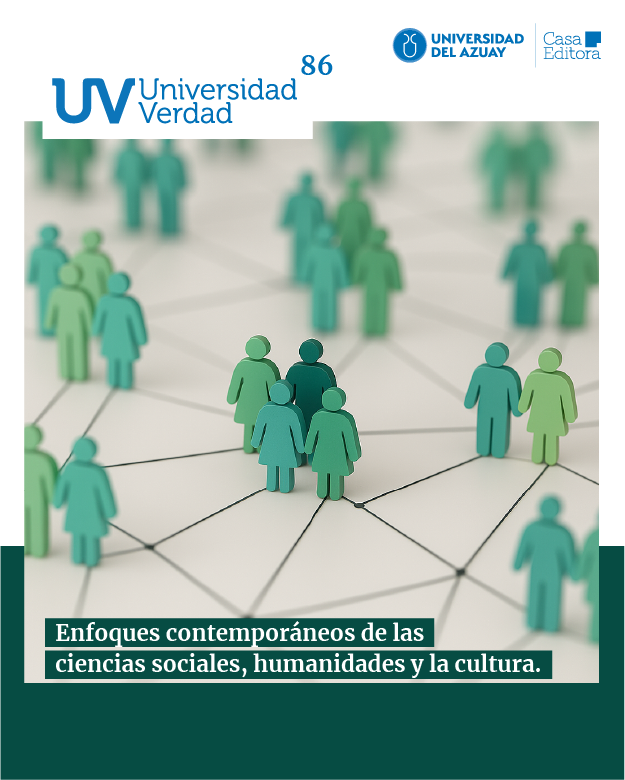NEUROPLASTICIDAD Y APRENDIZAJE SOCIOEMOCIONAL. IMPACTO DIFERENCIAL EN HABILIDADES PROSOCIALES DE ADOLESCENTES URBANOS VERSUS RURALES DE CUENCA
DOI:
https://doi.org/10.33324/uv.vi86.953Keywords:
Desarrollo afectivo, comportamiento del adolescente, Neuropsicología, aprendizaje social, habilidades prosocialesAbstract
La presente investigación determinó el impacto diferencial de un programa de intervención neuropsicológica en aprendizaje socioemocional, sobre habilidades prosociales en adolescentes de contextos urbanos y rurales de Cuenca, evaluando los mecanismos de neuroplasticidad subyacentes, durante ocho meses. Mediante un diseño cuasi-experimental con medidas repetidas, se trabajó con 80 adolescentes (12-16 años) que asistían a un centro psicopedagógico. Se implementó una intervención estructurada en cuatro módulos progresivos (regulación emocional, cognición social, empatía y toma de decisiones prosociales) y se evaluaron componentes neuropsicológicos específicos, mediante instrumentos psicométricos validados. Los resultados evidenciaron transformaciones significativas en ambos grupos, con efectos notablemente superiores en adolescentes rurales (tamaños del efecto entre d=0.97-2.13). Los análisis multivariados revelaron interacciones significativas entre contexto sociodemográfico y cambios en habilidades prosociales. La reevaluación cognitiva emergió como mediador clave en el desarrollo prosocial, con correlaciones particularmente robustas en participantes rurales (r=0.67-0.73). Estos hallazgos sugieren que la plasticidad neuropsicológica está modulada por factores sociocontextuales, donde intervenciones estructuradas pueden generar beneficios desproporcionadamente mayores en poblaciones con menor exposición previa a estimulación sociocognitiva estructurada.
Palabras clave: Desarrollo afectivo, comportamiento del adolescente, Neuropsicología, aprendizaje social, habilidades prosociales.
Abstract
This research determined the differential impact of a neuropsychological intervention program on social-emotional learning and prosocial skills in adolescents from urban and rural contexts in Cuenca, evaluating underlying neuroplasticity mechanisms over eight months. Using a quasiexperimental design with repeated measures, 80 adolescents (aged 12-16) attending a psychoeducational center were studied A structured intervention consisting of four progressive modules (emotional regulation, social cognition, empathy, and prosocial decision-making) was implemented, and specific neuropsychological components were assessed using validated psychometric instruments. The results showed significant transformations in both groups, with notably higher effects in rural adolescents (effect sizes ranging from d = 0.97 to 2.13). Multivariate analyses revealed significant interactions between sociodemographic context and changes in prosocial skills. Cognitive reappraisal emerged as a key mediator in prosocial development, with particularly robust correlations in rural participants (r=0.67-0.73). These findings suggest that neuropsychological plasticity is modulated by sociocontextual factors, where structured interventions can generate disproportionately greater benefits in populations with less previous exposure to structured sociocognitive stimulation.
Keywords: Emotional development, adolescent behavior, Neuropsychology, social learning, prosocial skills.





